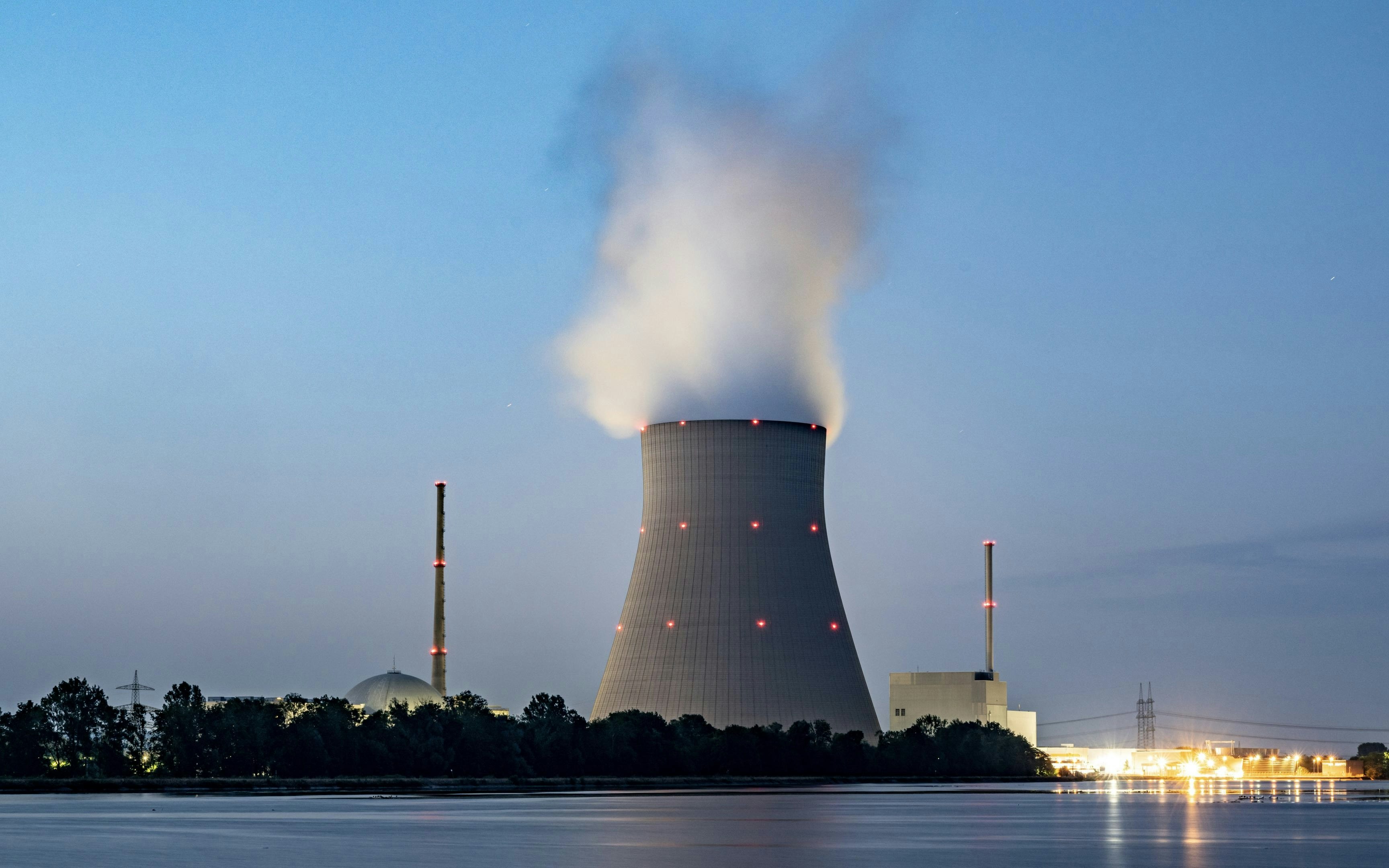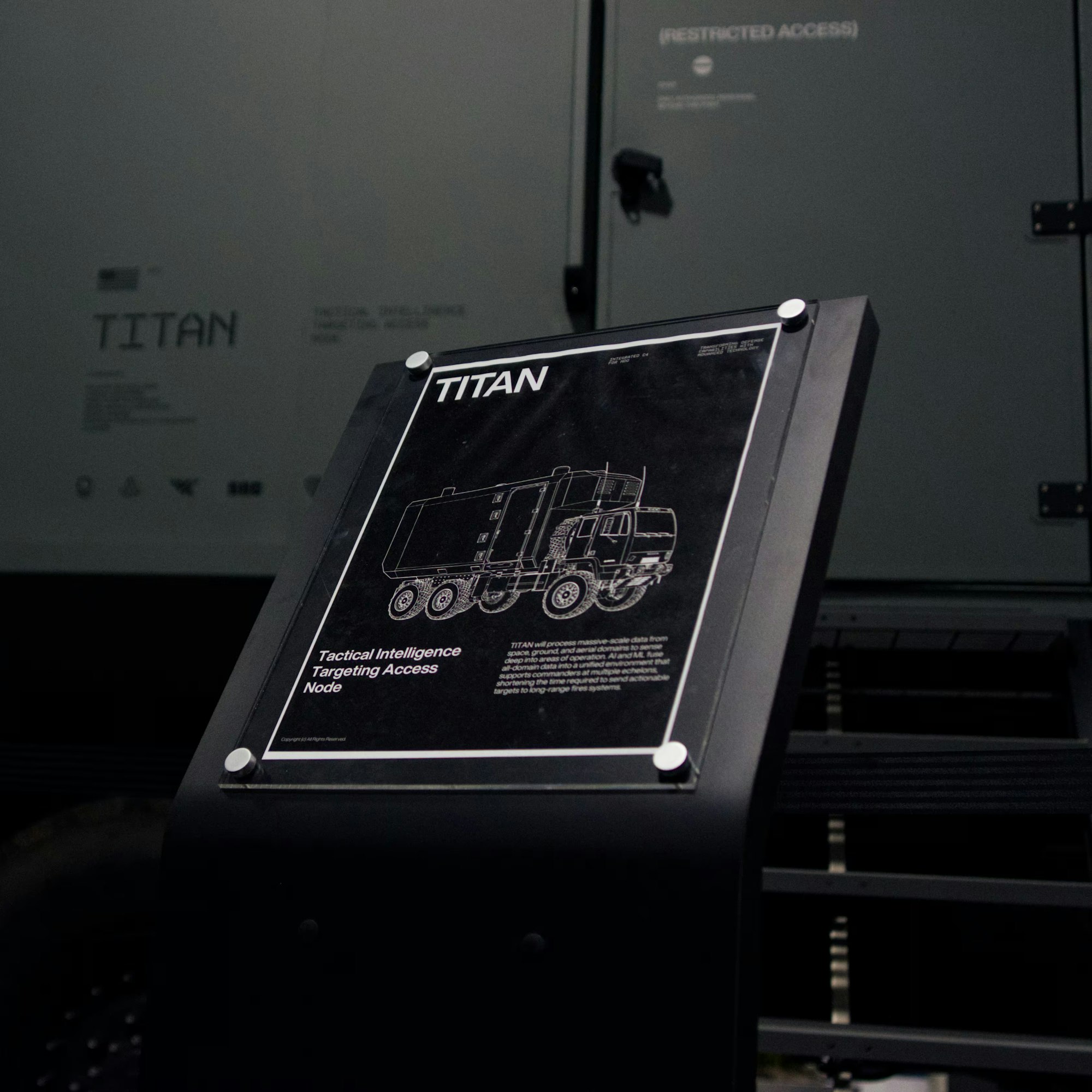Green
Nuclear Renaissance: Amazon and Google Invest in Small Modular Reactors
Shares of nuclear companies reach record levels as Amazon and Google invest in small modular reactors to meet the growing energy demands of their AI data centers with low-CO₂ energy.

Shares of nuclear energy companies reached record highs this week after Amazon and Google signed significant power supply agreements. These deals support the deployment of up to a dozen next-generation Small Modular Reactors (SMRs) in the US to provide low-carbon electricity to the tech giants' energy-intensive AI data centers.
The stock prices of US-listed SMR developers Oklo Inc and NuScale Power rose by 99 percent and 37 percent, respectively, last week. Competitors like X-energy and Kairos Power, two private SMR developers, also announced financing agreements. Shares of Cameco, Oklo, NuScale, Constellation, and BWX Technologies traded at record highs during the week.
Investors see these announcements as evidence that a nuclear renaissance is gaining momentum, after the sector had been weakened since the Fukushima accident in Japan in 2011. The increasing proliferation of data centers is driving the historical growth in electricity demand in the US and undermining efforts to reduce dependency on fossil fuels and decarbonize.
Constellation Energy Group, operator of the largest fleet of conventional reactors in the USA, has seen its stock price double since the beginning of the year. Last month, Constellation signed a 20-year power supply contract with Microsoft, which will lead to the reopening of the Three Mile Island nuclear power plant in Pennsylvania—the site of the most serious nuclear accident in U.S. history.
The stocks of uranium producer Cameco rose by 38 percent this year, while shares of nuclear components supplier BWX Technologies increased by 65 percent. "Reactor companies have been saying for some time that they are needed to meet the AI-driven electricity demand, but no one seemed to believe them," said Seth Grae, CEO of Lightbridge Corporation.
Until recently, investors were cautious about financing the expansion of small reactors, which advocates promote as smaller, safer, and more efficient than large-scale nuclear reactors. Concerns about the industry's ability to deliver projects on time and within budget, combined with high interest rates and a lack of customers willing to support projects, had slowed progress.
Last year, X-energy had to cancel a $1.8 billion deal to go public through a so-called "Special Purpose Acquisition Company" (SPAC). Shortly thereafter, NuScale canceled plans to build the first small reactor in the USA, as not enough utility companies showed interest in purchasing electricity after prices increased by more than 50 percent to $89 per megawatt-hour.
The decisions by Amazon and Google to invest in small reactors reflect their need for reliable, cost-effective, and clean electricity for a new wave of AI data centers. In the first half of 2024, nearly 24 gigawatts of new data centers were announced, according to Wood Mackenzie—more than triple the amount in the same period the previous year.
The industry also benefits from billions of dollars in funding from the U.S. government, which is concerned that Russia and China—who already have some small reactors in operation—could gain insurmountable leadership positions in the nuclear sector. Washington is also aware that a stable energy system is necessary to maintain its leadership in AI technologies without increasing emissions.
Critics warn, however, that the euphoria surrounding nuclear energy, particularly small reactors, entails significant risks.
Despite the challenges, developers of small reactors are optimistic. "The tech community has recognized the value not only in the CO₂-free advantages but also in availability and reliability," said Clayton Scott, Chief Commercial Officer at NuScale. "The momentum is there.






